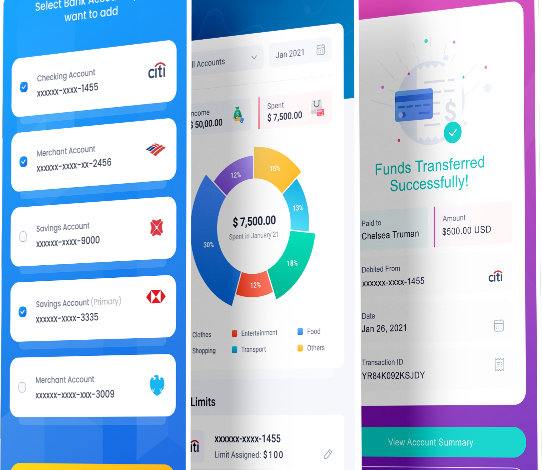
In today’s technology-driven world, the demand for faster and more efficient application development is at an all-time high. Organizations are increasingly turning to a low code platform for application development to meet this demand. These platforms are designed to simplify and accelerate the development process, making it easier for both technical and non-technical users to create robust applications quickly.
What is a Low Code Platform for Application Development?
A low code platform for application development is a software development environment that allows users to build applications with minimal hand-coding. It provides a visual interface where users can drag and drop components, configure pre-built templates, and automate processes. This approach not only reduces the time required to develop applications but also lowers the barrier to entry for individuals without extensive programming experience.
Key Advantages of Using a Low Code Development Platform for App Development
Speed and Efficiency: One of the primary benefits of a low code development platform for app development is the speed at which applications can be created. Traditional coding methods can be time-consuming, often taking months to complete a single project. Low code platforms streamline the development process, allowing applications to be built and deployed in a fraction of the time.
Cost Savings: Developing software traditionally can be expensive, requiring a team of developers, designers, and project managers. Low code platforms reduce the need for large development teams by enabling users to create applications with less technical expertise. This can result in significant cost savings for businesses.
Flexibility and Customization: Despite their simplicity, low code application development platforms offer a high degree of flexibility. Users can customize applications to meet specific business needs, integrate with existing systems, and make adjustments as required. This adaptability ensures that applications can evolve with the changing demands of the business.
Enhanced Collaboration: Low code platforms foster collaboration between IT departments and business units. Non-technical users, such as business analysts and operations managers, can contribute to the development process by designing and configuring applications. This collaborative approach helps ensure that applications meet the needs of all stakeholders.
Scalability: As businesses grow, their application requirements can become more complex. Low code platforms are designed to scale with the needs of the organization. They provide tools and features that support the development of both simple applications and more complex solutions, ensuring that the platform remains useful as the business evolves.
How Low Code Application Development Platforms Are Transforming Businesses
The rise of low code application development platforms is having a profound impact on how businesses operate and innovate. These platforms are not just tools for speeding up development; they are catalysts for broader digital transformation.
- Accelerating Digital Transformation: In a rapidly changing digital landscape, businesses must be able to adapt quickly. Low code platforms enable organizations to accelerate their digital transformation efforts by allowing them to rapidly develop and deploy new applications. This agility is crucial for staying competitive in a fast-moving market.
- Empowering Citizen Developers: One of the most significant changes brought about by low code platforms is the rise of “citizen developers” — individuals who are not professional developers but can create applications using low code tools. This democratization of application development empowers more people within an organization to contribute to innovation and problem-solving.
- Streamlining Business Processes: Many organizations use low code platforms to streamline and automate business processes. By building custom applications that address specific operational needs, businesses can improve efficiency, reduce manual work, and enhance overall productivity.
- Supporting Innovation: Low code platforms enable businesses to experiment with new ideas and technologies without the risk of significant financial investment. This ability to prototype and test new concepts quickly can lead to innovative solutions that drive business growth and differentiation.
- Improving User Experience: With the ability to quickly build and modify applications, businesses can better address user needs and preferences. Low code platforms facilitate the creation of user-friendly applications that enhance the overall customer experience.
Overcoming Challenges with Low Code Development Platforms
While the advantages of low code platforms are compelling, there are also challenges to consider. For instance, the simplicity of these platforms may lead to limitations in functionality for more complex applications. Additionally, ensuring that applications developed using low code platforms adhere to security and compliance standards is crucial.
To address these challenges, businesses should carefully evaluate their platform choices and implement best practices for governance and security. By doing so, they can maximize the benefits of low code development while mitigating potential risks.
Conclusion
The adoption of a low code platform for application development represents a significant shift in how software is created and deployed. These platforms offer numerous benefits, including faster development times, cost savings, and enhanced collaboration. As businesses continue to navigate a rapidly evolving digital landscape, low code platforms are proving to be essential tools for driving innovation and efficiency.
By leveraging a low code development platform for app development, organizations can meet their application needs more effectively and stay ahead of the competition. Whether for internal tools or customer-facing solutions, the flexibility and speed offered by low code platforms make them a valuable asset for any modern business.
For more information on how low code platforms can transform your application development process, explore resources and insights on leading low code platforms available online.




